The Ultimate Guide To Buying A New Construction Home
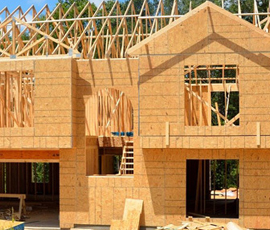
Home-buyers have basically two options to consider when they decide to purchase a new home: search through the listings in the hopes of finding a pre-existing home that checks all their boxes, or take on the exciting opportunity to build a new construction home. Both options offer several pros and cons, however, the only way to truly get exactly what you envision is to go with a new build.
Generally speaking, buying a new construction home is a similar process regardless of which city you are interested in. Whether it’s a new construction home in Kamloops, BC, or a brand new build in London, Ontario, the steps will be the same, or slightly varied.
Although the experience of building a new home is incredibly exciting, it can also be quite overwhelming. There are so many factors to consider and plenty of questions that the typical home buyer may not think to ask, so we’ve compiled a handy guide to walk you through the buying process, questions to ask, as well as a few money-saving tips, and tricks. Read on to learn more about this fascinating experience!
The Buying Process
Purchasing a new construction home is a similar process to purchasing a pre-existing home, but there are a few distinctions. The following is a step-by-step guide outlining all that’s involved in a new-build buying process.
Find the right agent. The first step to all home-buying experiences, whether building or buying, is to hire the right real estate agent to suit your needs. Not all realtors are familiar with new construction developments and not all realtors will suit your personality. Finding the right agent, one you are comfortable with and who will be helpful and flexible to your requests and inquiries, is key to a smooth and enjoyable home-buying experience.
Research the different types of lenders. When it comes to applying for a mortgage, you’re going to need a particular type of loan that’s suitable for construction projects. This type of loan differs from a traditional mortgage as construction loans are released in segments, or draws, all throughout the building process rather than all at once. Sit down with your financial advisor, or a mortgage broker, or ask your builder for recommendations of lenders who provide this service.
Interview a variety of builders. Companies that specialize in residential contracting offer different services. Before you make any major decisions, do your research and find the right builder to suit your construction needs. Look up online reviews, sit down and conduct a few interviews, and find someone who is willing to provide you with exactly what you envision in a home. Some builders require you to work specifically with their list of vendors and others are more flexible, allowing you to bring in your own sources. Be sure to find the right one for you!
Visit the potential home site. Once you’ve decided where you’re going to live, it’s important to become familiar with the area surrounding your future home. You’ll want to explore the neighborhood, scope out the good grocery stores, find the top-rated restaurants, and explore the local parks. If you’ve got little ones, education will play a big role in your decision-making as you’ll want to find out which school encompasses your new address.
Decide on some designs. One of the biggest draws to building a new home is that you get to inject your input into the design process. You’ll be able to choose what style of home you want, from cozy bungalows to grand, multi-story homes, the number of bedrooms to include, and what sort of floor plan you’re interested in. If you’re choosing from a selection of models offered by the developer, you can tour each style of home and decide which one will be best for you and your lifestyle.
Choose your standard and upgraded features. Many features of a house are considered standard items. This includes the staples that every home needs to consist of such as flooring, paint colors, cabinetry and countertops, light fixtures, tiling, and windows. The upgrades are the features that you decide to spend a little extra money on such as appliances or statement fixtures. There’s nothing wrong with splurging a little, as long as you factor it into your budget.
Get a Home Inspection. It’s not just older residences that require an inspection during the buying process; just because your house will be brand new, it still needs to pass the necessary standards. All throughout construction, you will need to have your home pass various stages of inspection to ensure your home is safe and up to code. Your contractor will likely have a checklist to keep track of all of these requirements and will guide you through the process.
The final stages: Interim and Final Occupancy. At this point, your home is tantalizingly close to being ready for move-in day! All that’s left to do is to take care of any outstanding deposits, payments, and fees during Interim Occupancy. Before the builder can hand over the keys, they need to be sure they’ve received full payment for their work. Final Occupancy is when you finally take ownership of your new home! Your construction loan will be transferred to your official mortgage, your builder will sign over the house to your name, and your lawyer will have you finish signing all the necessary paperwork.
It’s move-in day! At long last, you’re finally able to call this brand-new building home. The most exciting stage of the building process is when you’re finished signing all the required documents, you’ve settled all your contractor fees, and you’re ready to move in all of your personal effects and furnishings. It’s time to turn this house into a home!
Questions To Ask
There are several questions that will probably run through your mind when you first decide to take on the task of building a new construction home. When you’re researching the right contractor to build your dream home, here are a few questions you may want to ask right away to get a feel for what you’re looking for:
- How long will the building process last? It’s a good idea to ask for a timeframe that your builder is going to stick to. This is especially important if you need to work around a lease or are hoping to line up the selling of your current home with the finishing of your new home. Be sure to inquire about permits; ask your builder if this timeframe includes acquiring any necessary building permits.
- Is the cost of the lot included in the initial price? Many Contractors, particularly those showcasing a variety of models to choose from, will provide you with the initial costs of a home. If you end up choosing a larger lot, you may be facing an increase in the base price. If you’re working around a budget, you’ll definitely want to understand every cost and feature of your home.
- What are the standard finishes? Most building companies will offer a variety of options when it comes to new construction homes. It’s important to get a clear understanding of what you’re paying for and if you have any alternate options, particularly when you’re sticking to a strict budget. Once you know the standard finishes, you can inquire about upgrades and decide what you want to splurge on during construction.
- Will you be able to bring in your own appliances? Some builders partner with specific companies and vendors and only allow their materials and appliances to be used during the building process. Others will be more flexible and allow you to research your own vendors, providing you with the opportunity to find the best deal or go with your preferred brand name. Be sure to find out upfront whether or not this is an option with your contractor.
- Is landscaping included? Once your house is complete, you’ll want to focus on the landscaping surrounding your home. Depending on the size of your lot, you may have the opportunity to get really creative and expressive with your landscaping. Whatever you’re envisioning for your lawn, you’ll want to know who you can turn to to make your landscaping dreams a reality. Some builders will offer basic landscaping services to finish off your house, and others leave it entirely up to the homeowner. You’ll also want to know if you need to factor extra landscaping costs into your budget.
Related Post: Moving To and Living in Kamloops, B.C.
Money-Saving Tips
Although opting for a new construction home can seem like the more expensive real estate option, there are several ways that you can save some money, especially in the long run. Here’s a list of some tips and tricks you can try if you’re looking for a more affordable option when building a new home:
Plan a budget and stick to it. The very first thing you need to figure out when you decide to purchase a new home is what you are able to afford. Planning a budget will help you keep track of your expenses, plot out a payment schedule, and give you an idea of where you can splurge and for how much. When you’re deciding on appliances and fixtures, document every price tag and figure out where you need to scale back.
Choose the right builder. Working with a builder who is willing to be flexible and is willing to work with you will make all the difference in your home-building experience. Doing your research before you meet with anyone will give you an idea of what a company has to offer. Be sure to compare quality as well as cost and find someone who will work with your budget.
Are there possibilities for DIY projects? Do-It-Yourself is a great way to save some money, as long as you’re willing to put in the time and effort of the project. If you select a flexible building company, you may be able to take on certain projects on your own, including tiling, plumbing or electrical installation, or painting.
Research alternate appliances. If your builder allows for some flexibility when it comes to sourcing materials and appliances, you can save a lot of money when selecting appliances and fixtures for your home. Have a look around, search out the current deals, and consider used options to find out what will best suit your home. You always have the option of buying a basic model, to begin with, and upgrading at a later date.
Look into green options. Energy-efficient appliances and utilities are becoming more and more popular options. They may seem like the more expensive route right off the bat, but in the long run, these eco-friendly options can save you a lot of money as well as decrease your carbon footprint.
New construction homes are a fantastic option for those interested in moving. Not only do you get to enjoy a brand-new home without the worry of costly repairs or renovations, but you are treated to some of the most stunning natural surroundings in the country! If you’re considering the exciting opportunity of homeownership, a new build is the only way to get exactly what you’re looking for without spending hours scrolling through the MLS website. Don’t let the lengthy process intimidate you, buying brand new can be an affordable and incredibly rewarding decision!
Categories
Recent Posts
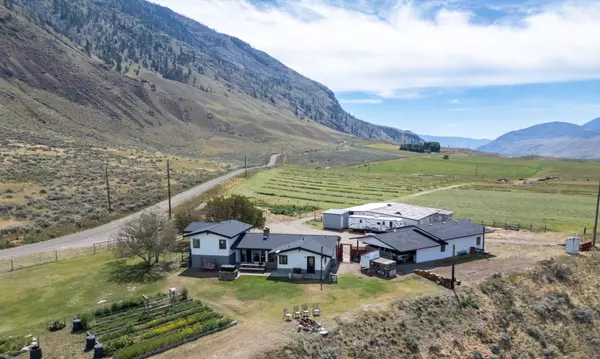
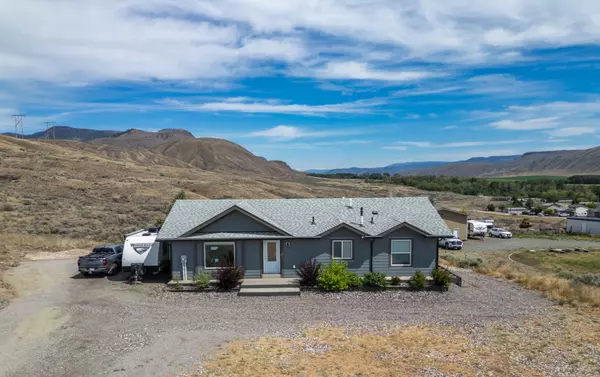
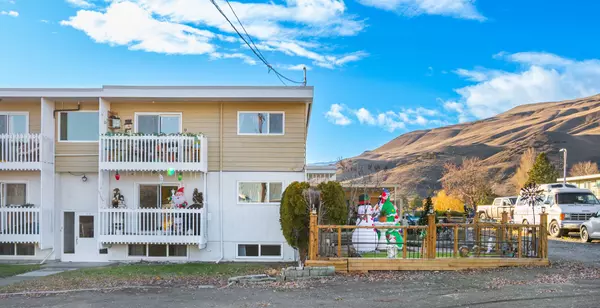
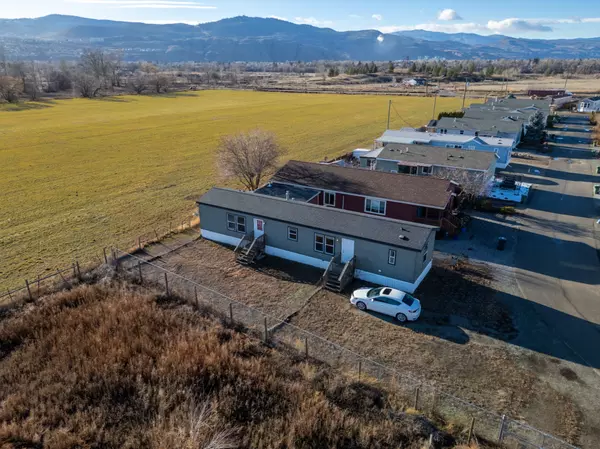
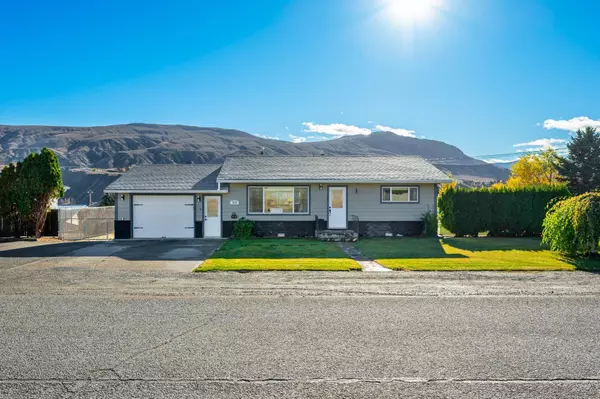





GET MORE INFORMATION

Kevin Scharfenberg
Personal Real Estate Corporation | License ID: 180491
Personal Real Estate Corporation License ID: 180491

